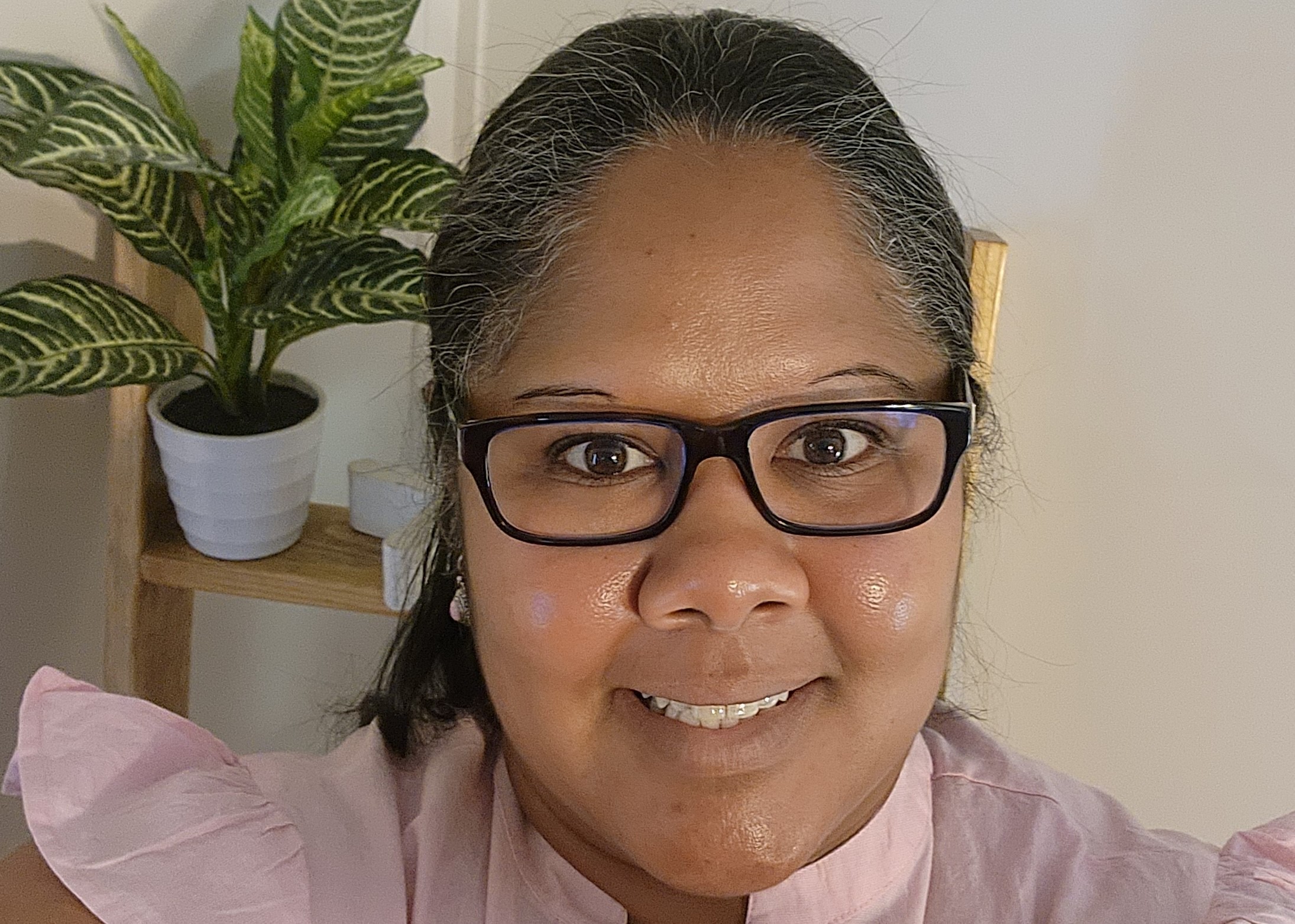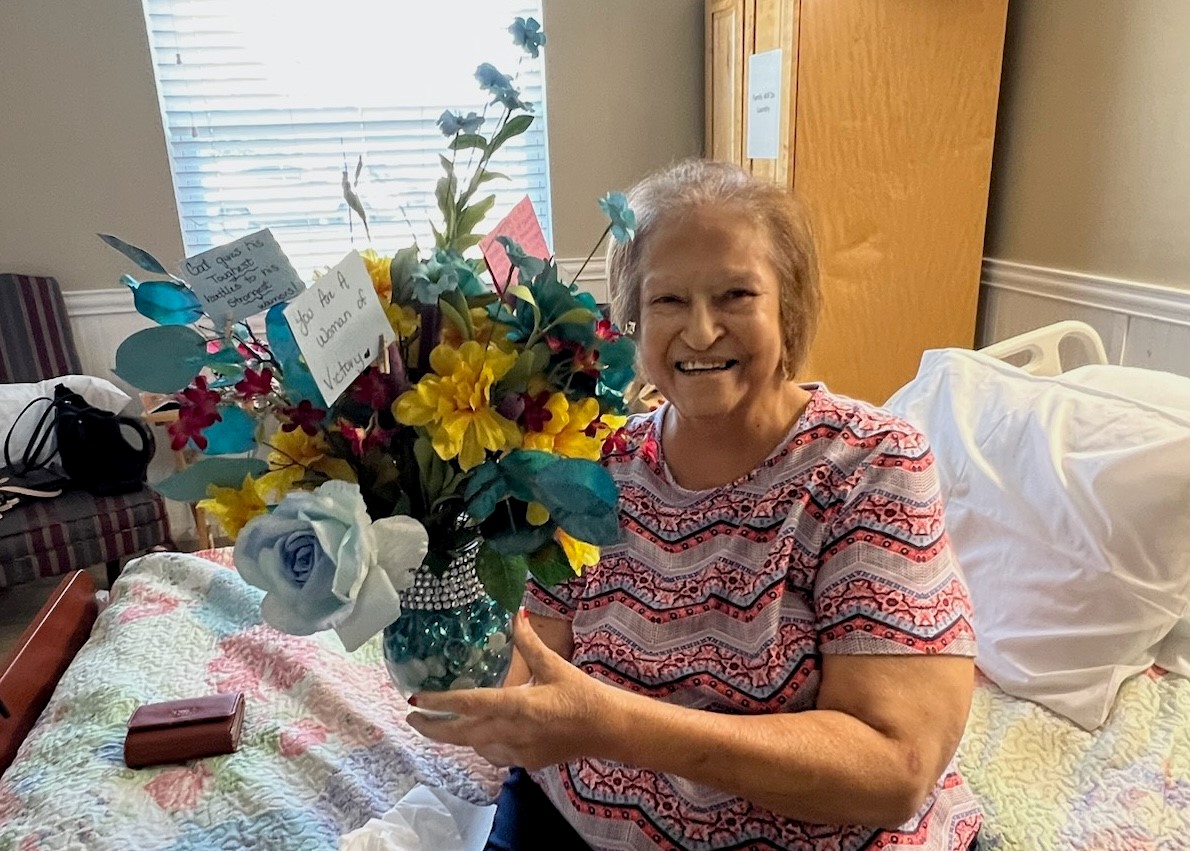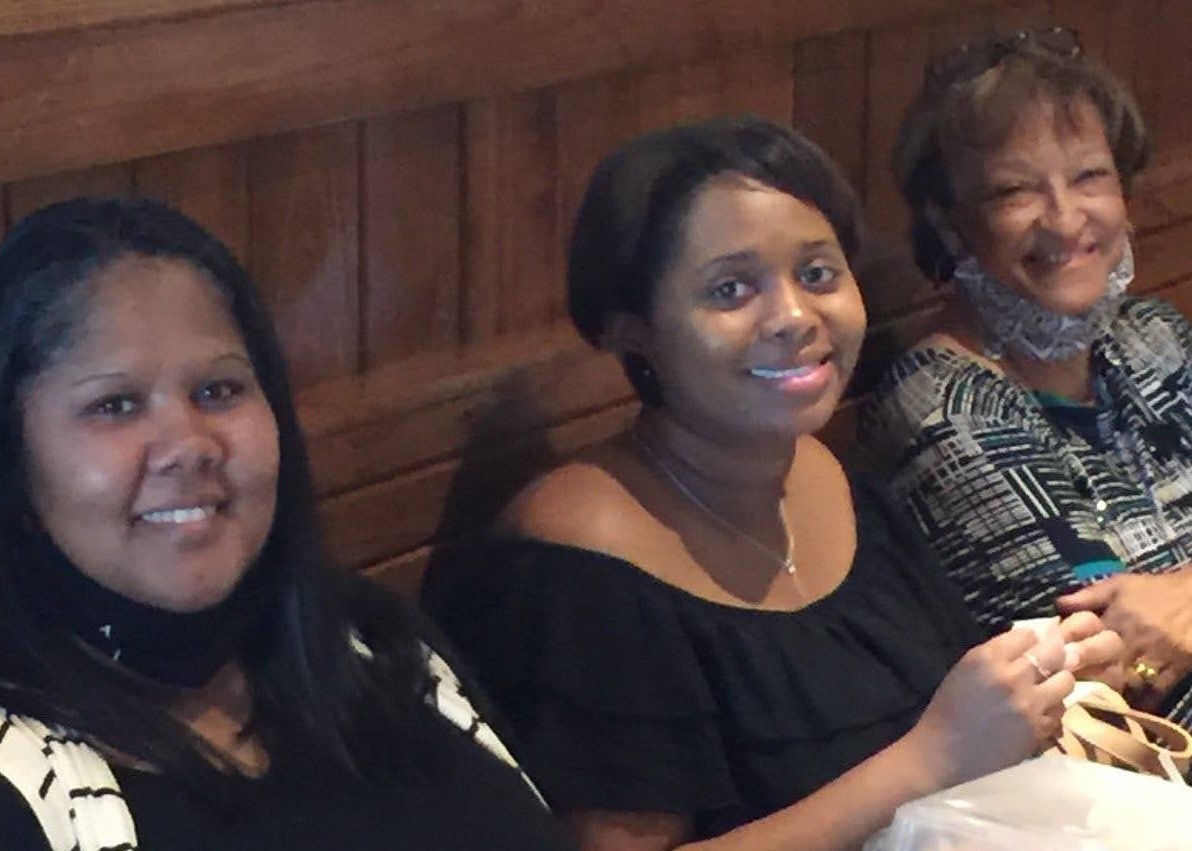More than a Job: Finding a Higher Calling Helping Patients
After working for nearly 17 years in dialysis centers and caring for her aunt with kidney disease, Kelly Pressley has a special connection with her patients as an RN care manager at Interwell Health.
tags

Q: What made you decide to join Interwell?
KP: I started my nursing career in labor and delivery, where I was working two weeks of days followed by two weeks of nights. I was a single mother at the time so I knew that I couldn’t continue with that schedule and ended up working in dialysis because I wanted a regular day job.
I managed a dialysis clinic for 11 years and worked in dialysis clinics for over 16 years. It was like a family atmosphere. You see those patients three times a week, usually for at least three hours. If you calculate that amount of time in a day and think about the time you’re home with your family, you spend more time with your patients than your family.
I thought I was going to retire working in the dialysis center. I loved my patients, I loved my staff, and I honestly loved what I did. But as a manager, I was working more and more, and eventually I decided I wanted to do something different. I applied to Interwell and when a nursing position opened up I got an interview.
For me, Interwell is the perfect fit; not only do I still get to work with patients with kidney disease, I also have an opportunity to use my experience to educate them so they know they have options and try to help them improve their overall health and quality of life.
"Not only do I still get to work with patients with kidney disease, I also have an opportunity to use my experience to educate them so they know they have options and try to help them improve their overall health and quality of life."
Q: You have a personal connection with kidney disease. Are you comfortable sharing your story with us?
KP: I’ll never forget when I got the job at Interwell, the first person I called was my Aunt Lib, who helped raise me. When things happened in my life, she was always the person who I called. She was truly like a mother to me.
Shortly after I left the dialysis clinic, Aunt Lib found out she was going to have to start dialysis. Let me tell you, it hits different when you are the family member and not the nurse. Her GFR was extremely low and she had all the stage 5 symptoms. She started on home hemodialysis with me as her partner, and we began to work on her diet and make changes to bring down her HGBA1C so she could start on peritoneal dialysis (PD). She was successful on PD for over a year.
On one Sunday afternoon in August of 2023, I went to her house and immediately I knew something was not right. She was pale, weak, and her blood sugar was over 500. I took her to the ER where we discovered she was having a heart attack.
Everything changed that day. She had several hospital stays, and she ended up having to go to a clinic to dialyze. After one visit to the ER, she refused dialysis and decided to go into hospice. We supported her, which was not easy because I wanted her to fight! It was one of the worst times in my life. I had always been on the other side and wondered why it was so hard for patients and families to make the decision to end treatment. Now I know why.
After my aunt passed away, I always thought about what I could have done differently. I felt like I had let her down, not only as her niece but also as her dialysis nurse. Then one day, I realized I could use her story and experience to help others know the importance of the decisions they make from the beginning and along their kidney care journey.

Q: How did your experience helping your aunt change how you engage with patients?
KP: The first time I ever told my aunt’s story to a patient, I said, “I’m not telling you because I’m a nurse, I’m not telling you because I worked in dialysis, I’m telling you because I experienced this with my aunt.” And we connected.
So it hit me: this is what I’ve got to do, I need to use this to help others. That’s what helps me each day; I can use the experiences that I had with my aunt to help other people, and that’s what she would want me to do. I thought getting this job was about me getting what I wanted, but it was bigger than that, not just for my aunt but to help other people. I had dialysis experience, but to be on the family side really brought it full circle for me.
I find myself using my aunt’s story a lot. You see people who are going to end up on dialysis who may realize too late, like my aunt did, that they should have changed things earlier. I tell people how my aunt didn’t change her diet and refused to get access even when she was in kidney failure. She would be proud to know I am using her example to help others choose a better way.
I never knew the impact my aunt’s life would have on so many people. I know I’m not going to help everybody, but I try to do my best and help as many as I can.
